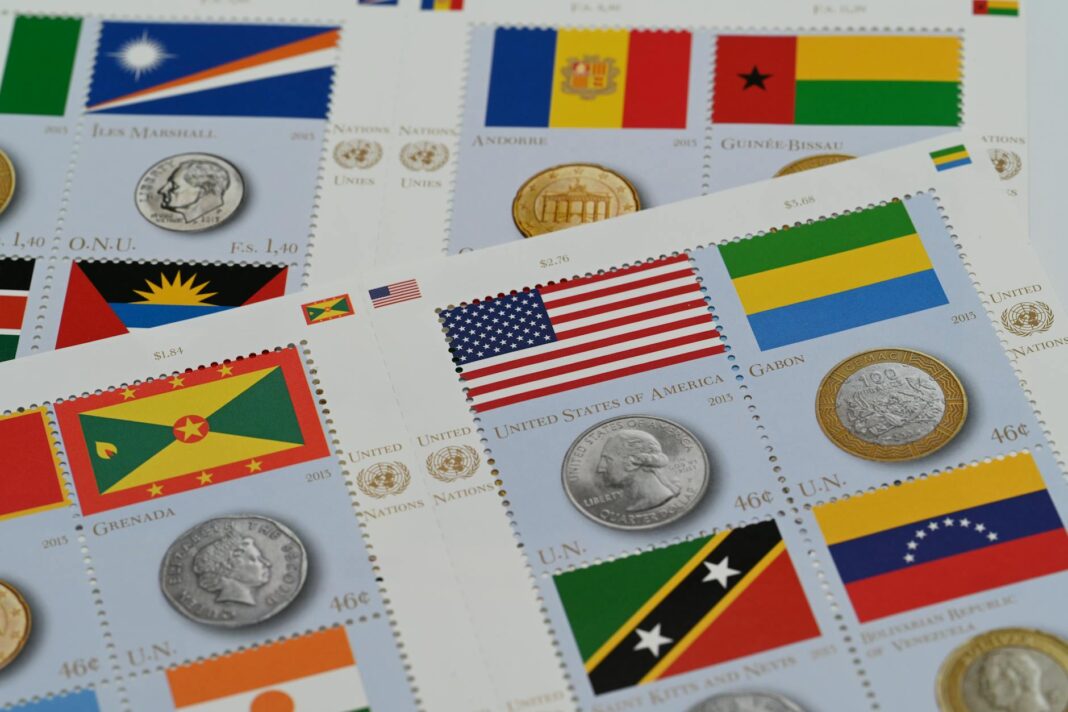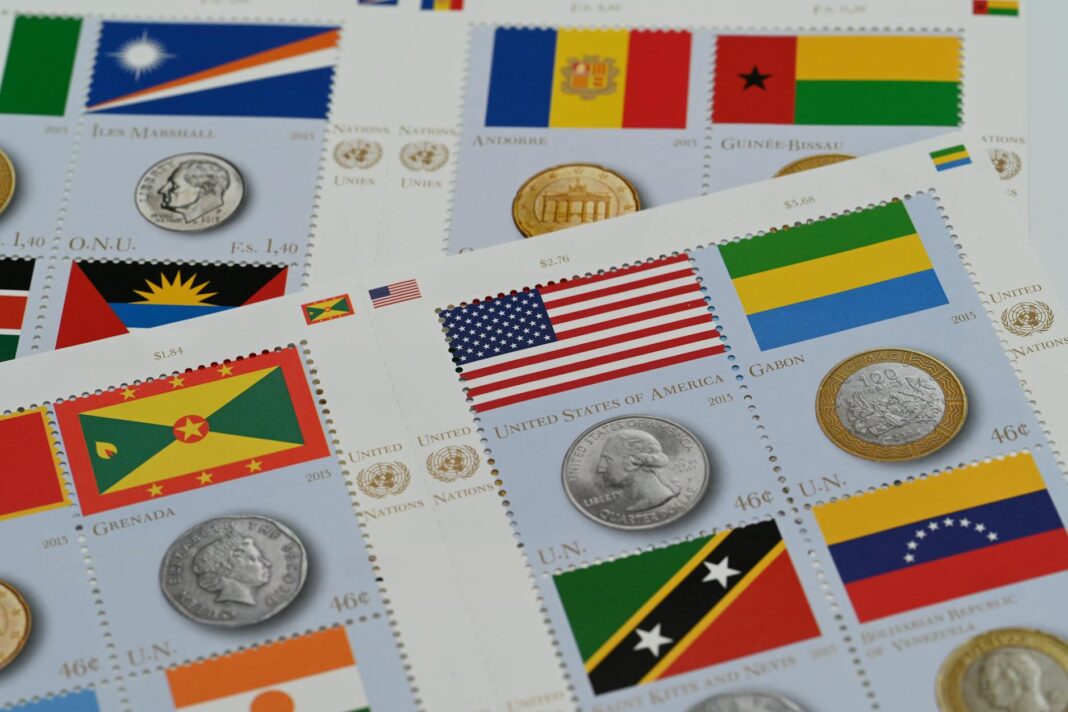Venezuela Slams US Military After Fishing Vessel Inciden
t
Venezuela has raised its voice against the United States following a controversial military action that targeted a Venezuelan fishing vessel. The incident, which has drawn international attention, highlights the ongoing tensions between the two nations and raises questions about maritime rights in the region. This confrontation is not just about a fishing boat; it’s a flashpoint in a long history of conflict between Venezuela and the US, reflecting deeper geopolitical stakes that go beyond mere fishing rights.
US Actions Under Fir
e
Reports indicate that a US destroyer engaged with the Venezuelan fishing boat in what has been described by Venezuelan officials as a hostile occupation. Eyewitness accounts and video footage show the US military maneuvering aggressively in close proximity to the vessel, a move that Venezuelan authorities are interpreting as a blatant violation of their sovereignty. This incident is not merely a maritime mishap; it reflects a larger pattern of military posturing and territorial disputes that have plagued US-Venezuela relations for years.
Venezuela’s Respons
e
In response to this incident, the Venezuelan government is not sitting idle. They have initiated troop deployments to bolster security in their maritime territories. This move is a clear signal that Venezuela is ready to defend its waters and assert its rights against what it views as unwarranted foreign interference. The government’s rhetoric has been sharp, framing the US actions as an infringement on national sovereignty and an escalation of hostilities. Venezuelan officials have called for the international community to condemn what they see as aggressive US military operations in their waters, urging other nations to stand in solidarity against foreign encroachments.
Broader Implication
s
This incident is emblematic of the larger geopolitical tensions at play in the region. Venezuela, with its rich fishing grounds and significant oil reserves, has long been a point of contention in the Caribbean. The US military presence has heightened the stakes, particularly as Venezuela grapples with economic crises and political isolation. The implications of this confrontation extend beyond just fishing rights; they touch upon issues of national pride, economic survival, and regional stability.
International Reaction
s
As news of the incident spreads, international observers are weighing in. Some analysts suggest that this could be a flashpoint for further military confrontations, while others argue that it may lead to diplomatic dialogues aimed at de-escalating tensions. The European Union has already issued a statement urging both sides to exercise restraint and engage in dialogue. Meanwhile, Russia and China, both allies of Venezuela, have condemned the US actions, framing them as imperialist aggression.
Potential for Diplomatic Solution
s
The potential for diplomacy in light of this incident cannot be overlooked. Historical patterns demonstrate that neither country benefits from sustained military conflict. The Venezuelan government may seek to engage in back-channel negotiations, aiming to establish maritime agreements that respect each nation’s rights while preserving peace in the region. Analysts suggest that establishing a cooperative fishing zone could be a pragmatic solution, allowing both countries to benefit from shared resources without further militarization.
A Regional Challeng
e
This incident also poses a broader challenge for regional stability. Neighboring countries are closely monitoring the developments, as they could be compelled to take sides or intervene in some capacity. The Caribbean has seen its share of geopolitical maneuvers, and any escalation could disrupt the delicate balance that exists among countries in the region. An increase in military assets on either side could lead to an arms race or, worse, an accidental armed confrontation.
Conclusio
n
In the end, the fishing vessel incident between Venezuela and the US is more than just a maritime dispute. It’s a litmus test for the future of diplomatic relations and regional stability. Both countries are at a crossroads, with the potential for conflict looming large. The world watches as Venezuela asserts its rights and the US maintains its military posture. The outcomes of these tensions could shape not only bilateral relations but also the dynamics of power in the Caribbean for years to come.
Question
s
How will Venezuela respond if US military actions continue?
What diplomatic channels could be utilized to prevent further escalation?
Could this incident affect regional alliances in the Caribbean?




